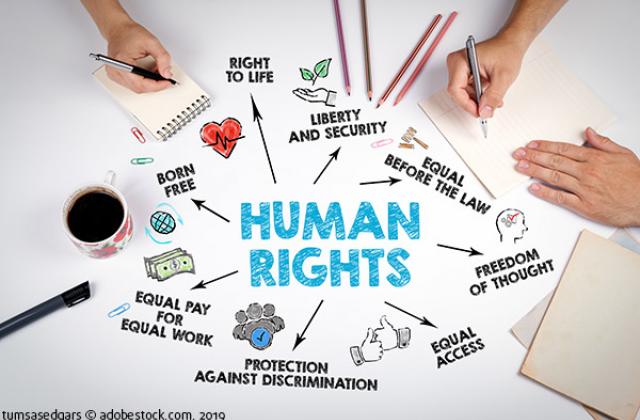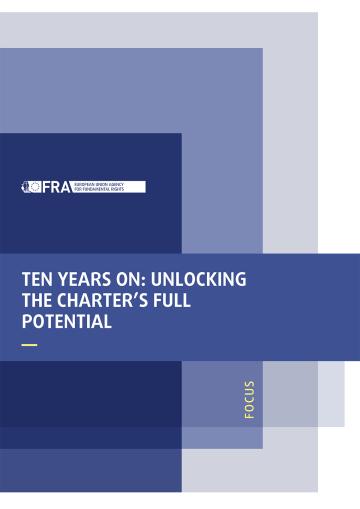Article 228
(ex Article 195 TEC)
1. A European Ombudsman, elected by the European Parliament, shall be empowered to receive complaints from any citizen of the Union or any natural or legal person residing or having its registered office in a Member State concerning instances of maladministration in the activities of the Union institutions, bodies, offices or agencies, with the exception of the Court of Justice of the European Union acting in its judicial role. He or she shall examine such complaints and report on them.
In accordance with his duties, the Ombudsman shall conduct inquiries for which he finds grounds, either on his own initiative or on the basis of complaints submitted to him direct or through a Member of the European Parliament, except where the alleged facts are or have been the subject of legal proceedings. Where the Ombudsman establishes an instance of maladministration, he shall refer the matter to the institution, body, office or agency concerned, which shall have a period of three months in which to inform him of its views. The Ombudsman shall then forward a report to the European Parliament and the institution, body, office or agency concerned. The person lodging the complaint shall be informed of the outcome of such inquiries.
The Ombudsman shall submit an annual report to the European Parliament on the outcome of his inquiries.
2. The Ombudsman shall be elected after each election of the European Parliament for the duration of its term of office. The Ombudsman shall be eligible for reappointment.
The Ombudsman may be dismissed by the Court of Justice at the request of the European Parliament if he no longer fulfils the conditions required for the performance of his duties or if he is guilty of serious misconduct.
3. The Ombudsman shall be completely independent in the performance of his duties. In the performance of those duties he shall neither seek nor take instructions from any Government, institution, body, office or entity. The Ombudsman may not, during his term of office, engage in any other occupation, whether gainful or not.
4. The European Parliament acting by means of regulations on its own initiative in accordance with a special legislative procedure shall, after seeking an opinion from the Commission and with the consent of the Council, lay down the regulations and general conditions governing the performance of the Ombudsman's duties.



